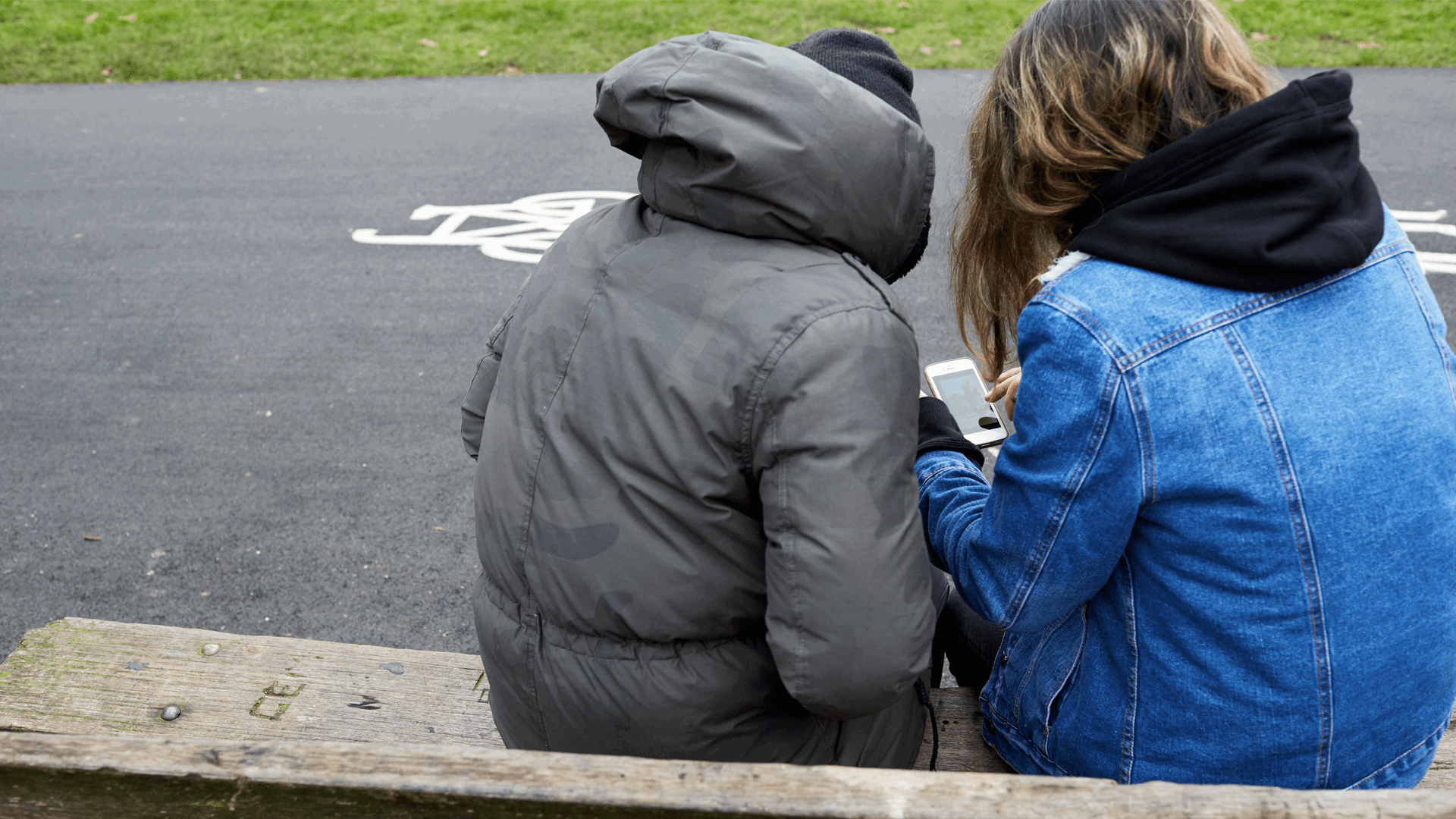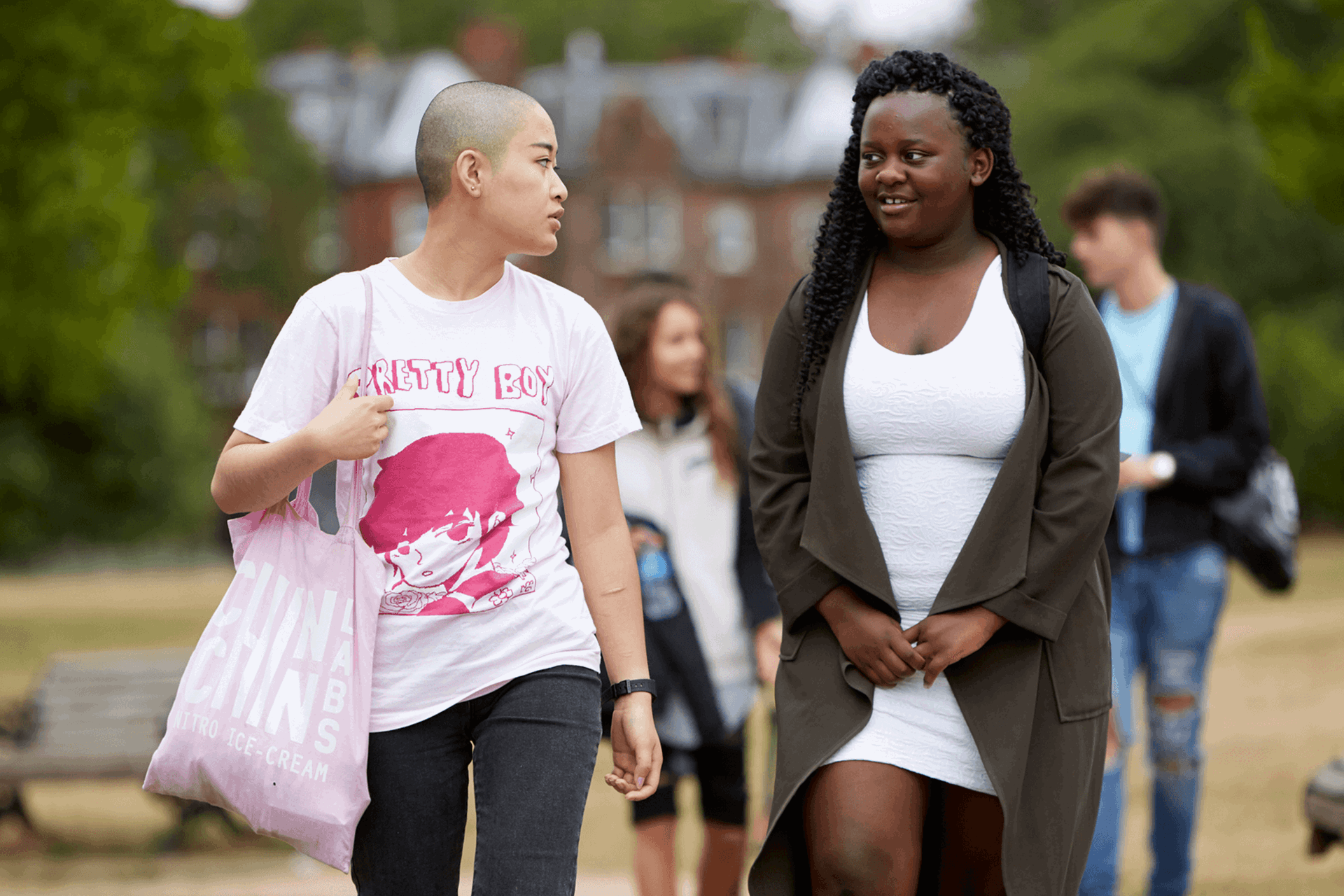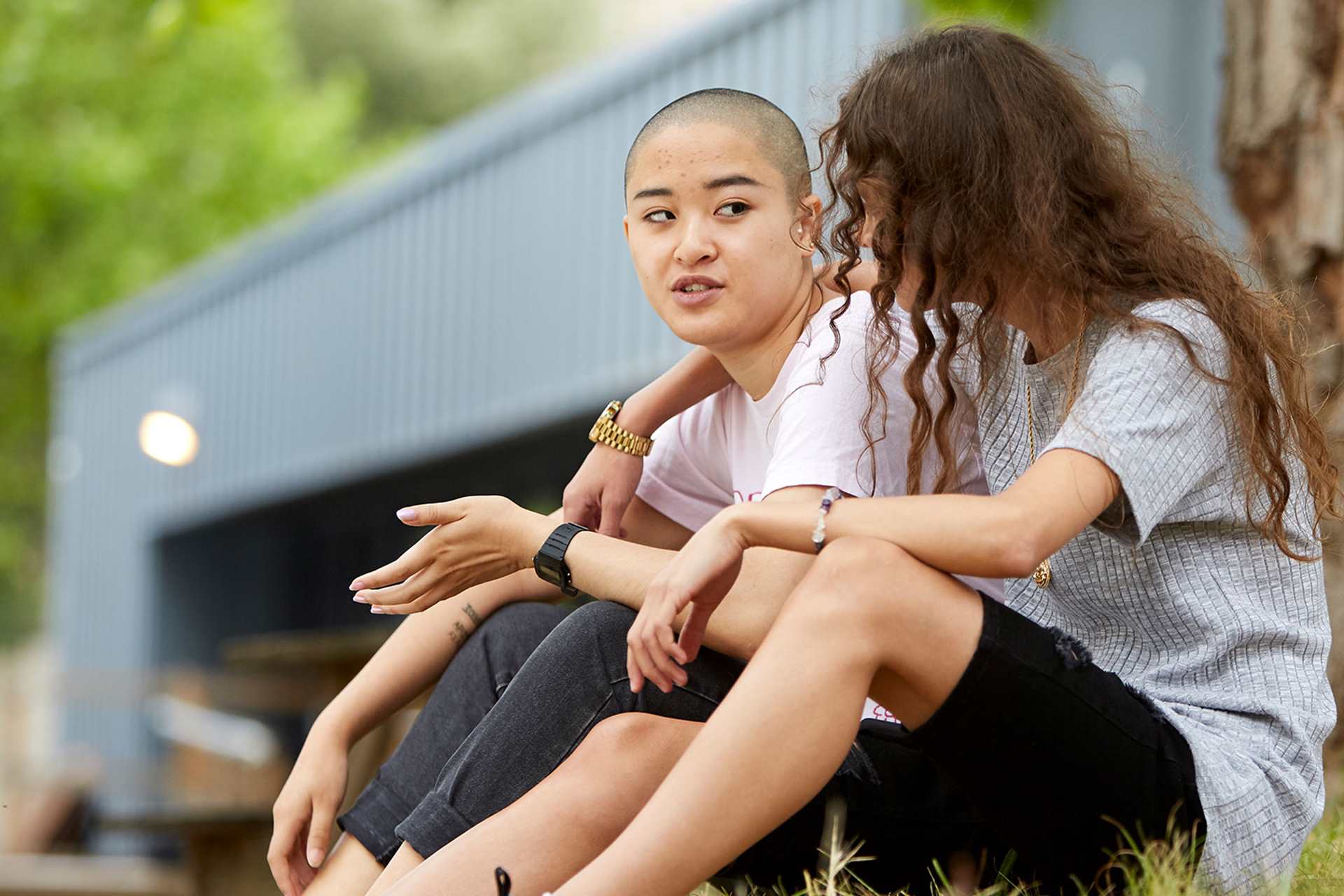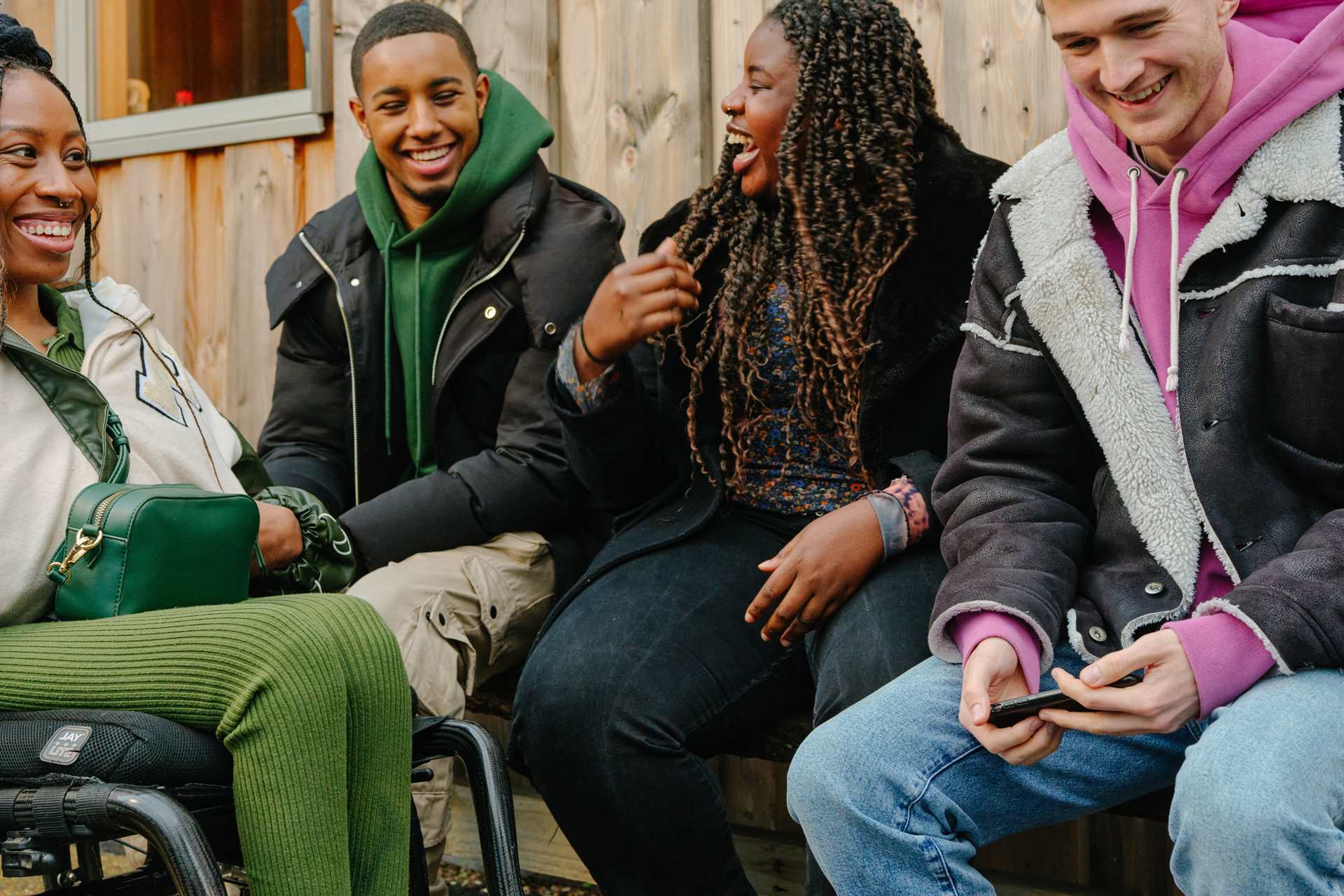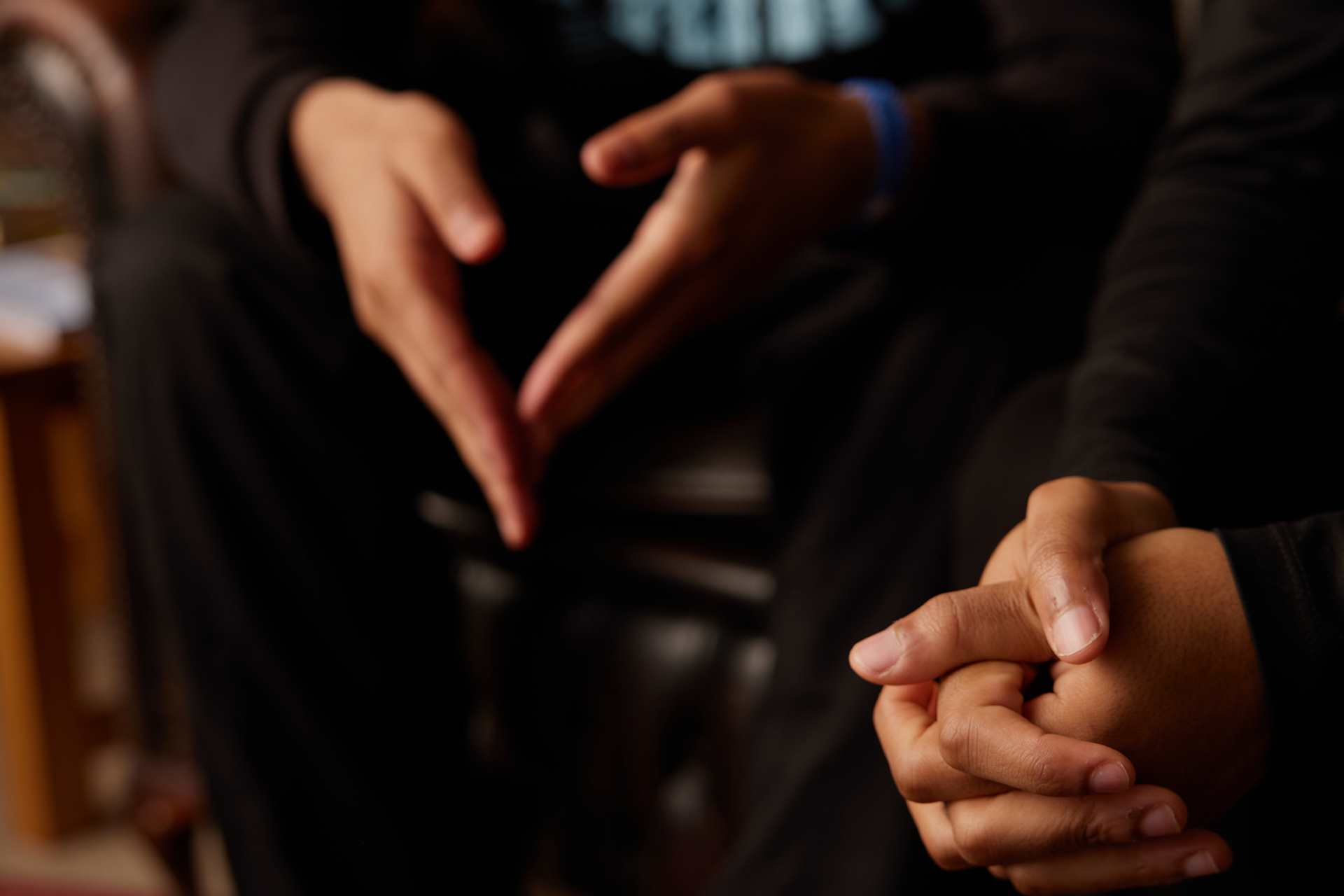Bullying at school
If you’re being bullied at school, tell a teacher. They might not know you’re being bullied until you tell them. Once they know, they can put things in place to deal with the bullying.
If you can’t speak to a teacher, maybe a friend can do it for you. You could also talk to a school counsellor, welfare officer or nurse.
In extreme cases, it may be possible for you to change schools. This is only if it’s affecting your education and if the bullying doesn’t stop after you’ve reported it.

